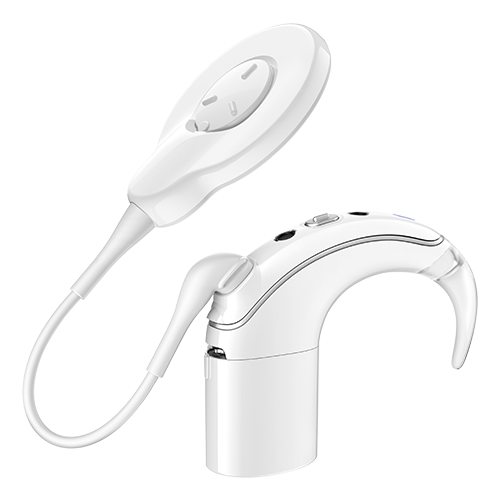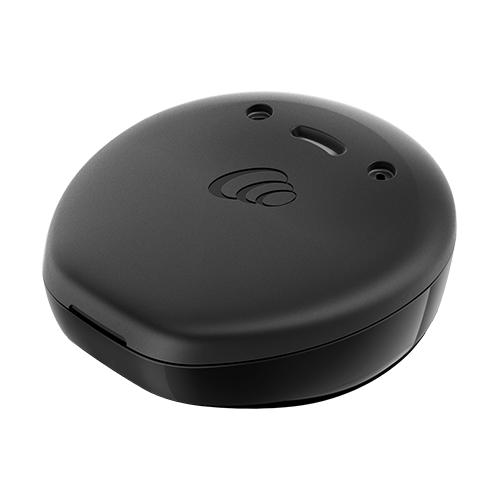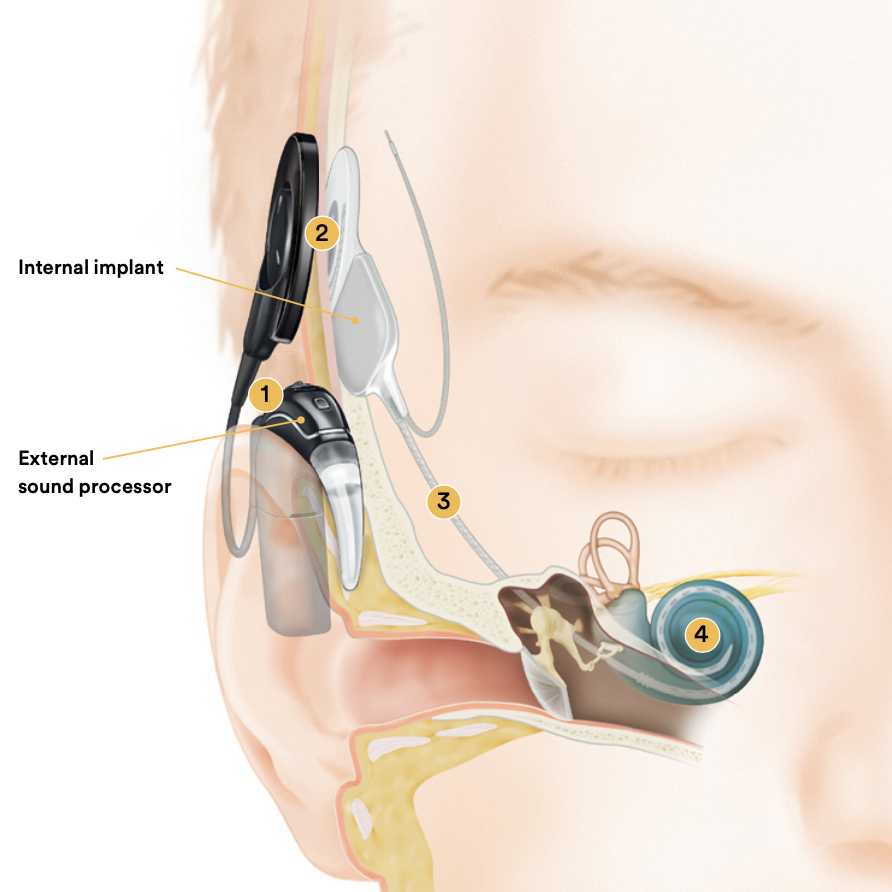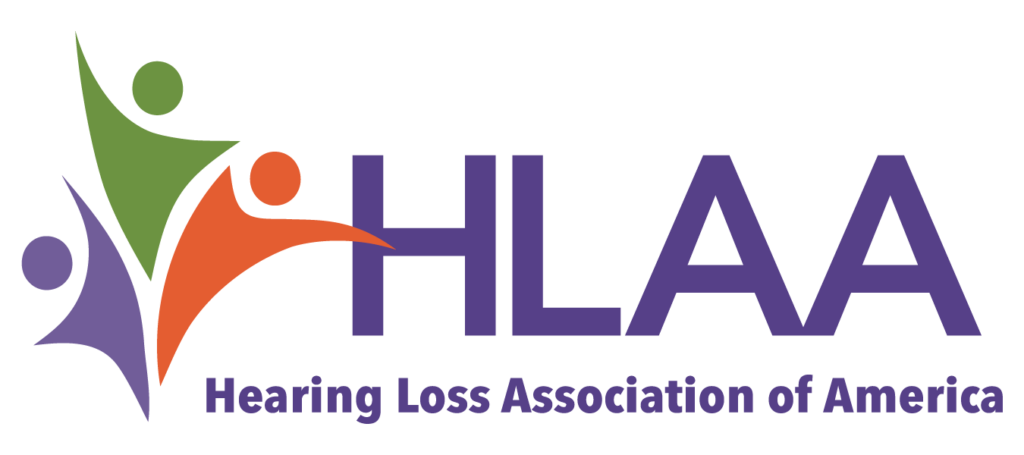Our Specialties
Cochlear Implants
Imagine hearing again.
Cochlear implants are FDA-approved, surgically implanted medical devices that treat moderate to profound sensorineural hearing loss. Cochlear implants replace the function of a damaged inner ear (cochlea) and are designed to approximate natural hearing.







